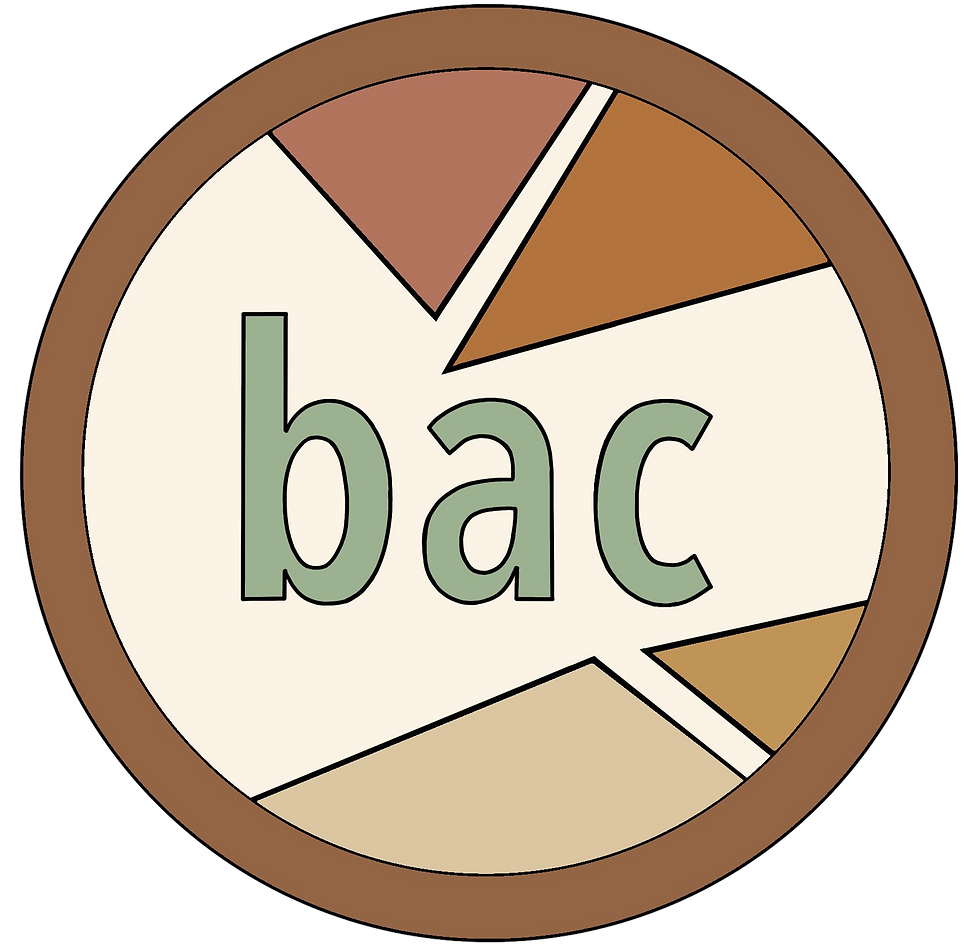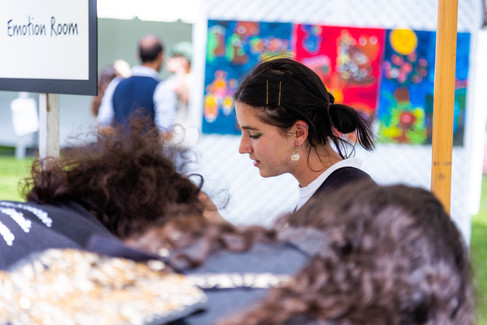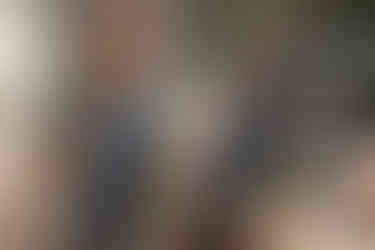- Nov 26, 2023
- 1 min read
Read about the winners of our mural contest!

Andy Johnson
“For the Poppy Mural, I wanted to bring attention to a cultural lack of sustainable practices by contrasting the natural beauty of a California poppy with a pile of actual trash surrounding it. Both uplifting and saddening, the goal of the imagery is to inspire environmental change. The mural theorizes on a world if the mindset of sustanability isn’t more widely embraced?”

John Davillier Jr
“The black arts collective is an interdisciplinary arts club dedicated to the production of black art and strengthening the community of black artists. The club puts on a variety of events, productions, and projects that link together the community of black students on campus.”

Nina Tomasevic
"I wanted to show important and recognizable images that represent sustainability and eco-friendly practices, all surrounding a glowing Tree of Life symbol."
A fun fact about Nina is that this is her first time painting a mural!

Shea Noland
"Hi my name is Shea Noland and I am a current sophomore BFA student at USC. Coming from Honolulu, Hawaii, sustainability is very important to me and my work. I am passionate about using my art to address topics relating to the environment and how we impact it and so am very excited to participate in USC’s own sustainability efforts through completing this mural! "











































